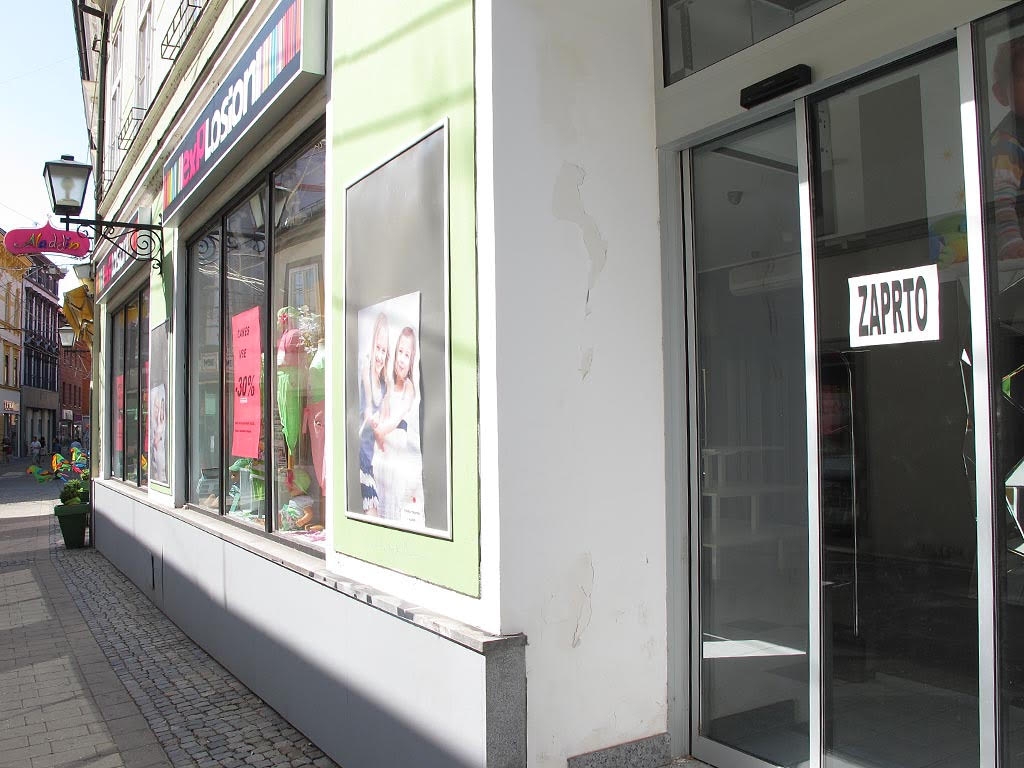The National Assembly has passed legislation that will close stores on Sundays and public holidays with the exception of small shops at places such as service stations, airports, hospitals and other small shops where the customers will be served by proprietors themselves with the assistance of students and pensioners.
The amendments to the retail act, sponsored by the opposition Left, were passed by 72 votes to 13 on Tuesday with bi-partisan support with notable exception of the liberal coalition Modern Centre Party (SMC) and the National Party (SNS).
“The sector employs some 115,000 people, part of whom must work Sundays, which means they cannot spend the day with their families,” the Left’s Luka Mesec argued when first presenting the bill, proposed in response to the Labour Day call by the Trade Union of Workers in the Trade Sector to keep stores closed on Sundays for good.
This was after the government imposed a temporary ban on Sunday shopping as part of the measures to stem the spread of coronavirus in March.
The original plan was to have the permanent ban enacted by the summer, but coalition amendments adopted just before parliament went into recess meant the bill did not proceed to third reading before the government’s temporary Sunday shopping ban has already been lifted.
The amendments will come into effect 15 days after being published in the Official Gazette.
They mean retailers will no longer be able to keep stores open on Sundays, except for shops of up to 200 square metres at service stations, border crossings, ports, airports, train and bus stations and hospitals.
Other shops of such size will be allowed to be open on Sundays and public holidays only if on those days the customers are served by the owners or their representatives, students and pensioners.
In a 2003 referendum more than 57% voted in favour of a ban on Sunday shopping.
The government does not support the ban, with the Economy Ministry arguing that retail was a strategic sector of the Slovenian economy and expressing concern about the impact of the ban on the sector, jobs, suppliers and tourist centres.
Instead, the government argued for the trade union and employers to reach a solution in dialogue. The currently valid collective bargaining agreement provides for most stores to be closed on all 15 public holidays and limits Sunday opening times to 12 Sundays a year.
The Chamber of Commerce has been opposed to the ban, arguing that closing shops on Sunday would lead to layoffs. It has also raised the possibility that it will challenge the ban at the Constitutional Court.

